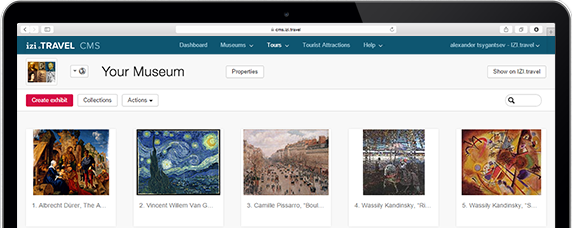Audiotur How do you mean, Harlem and Slavery?!
2 sights
- Ljudturssummering
-
Ljudturssummering
In 1863, after 250 years, slavery was finally abolished in the Dutch colonies Surinam and the Dutch Antilles. The free declared inhabitants of Surinam were obliged to work for ten more years on the plantations. In 1873, this obliged labour was finally over. But even then the subordination of black people continued; they got no money, no working materials and no education. Former slave-owners received a compensation of 300 guilders for each enslaved that was declared free after the abolishment of slavery.
In 2013, Ineke Mok and Dineke Stam started their research in the archives of Haarlem and several museum collections for the remains of the history of slavery in Harlem. The result: a city tour following the traces of this history, with the voices of the researchers and descendants of enslaved who live now in Haarlem.Research: Ineke Mok and Dineke Stam
Texts and design: Ineke Mok, Dineke Stam and Fenna Ytsma
Dutch version spoken by: Ineke Mok and Dineke Stam
English version spoken by: Jelmer Herms, Yselle van der Maas, Kiki Oostenbrink and Jennifer Tosch. - 1 Introduction
- 2 Gustavo Janga
- 3 Painter Frans Jansz. Post
- 4 Sugar confectionary
- 5 Tobacco Shop
- 6 Fort Elmina
- 7 Family Coymans
- 8 Cornelis Winst Blydt
- 9 Family crest
- 10 Fiers Smeding
- 11 Nicolaas Beets
- 12 't Gekroond Oost en West Indies Worstvat
-
Ljudturssummering
In 1863, after 250 years, slavery was finally abolished in the Dutch colonies Surinam and the Dutch Antilles. The free declared inhabitants of Surinam were obliged to work for ten more years on the plantations. In 1873, this obliged labour was finally over. But even then the subordination of black people continued; they got no money, no working materials and no education. Former slave-owners received a compensation of 300 guilders for each enslaved that was declared free after the abolishment of slavery.
In 2013, Ineke Mok and Dineke Stam started their research in the archives of Haarlem and several museum collections for the remains of the history of slavery in Harlem. The result: a city tour following the traces of this history, with the voices of the researchers and descendants of enslaved who live now in Haarlem.Research: Ineke Mok and Dineke Stam
Texts and design: Ineke Mok, Dineke Stam and Fenna Ytsma
Dutch version spoken by: Ineke Mok and Dineke Stam
English version spoken by: Jelmer Herms, Yselle van der Maas, Kiki Oostenbrink and Jennifer Tosch.
Recensioner
107 recensioner
Recensera den här turen-
01-20-2025
K vond het wel leuk om een project de doen zo dicht bij de mac
-
01-19-2025
Worth the time and money. Interesting and something different to do
-
01-18-2025
Really interesting tour, I’ve lived in Haarlem for a few years and I never knew there was so much history here related to slavery. Really great knowledgeable tour guide, highly recommend!
-
01-17-2025
d
-
01-17-2025
h
Ladda ner appen izi.TRAVEL gratis
Skapa dina egna ljud-turer!
Användningen av systemet och den mobila guide-appen är helt gratis


